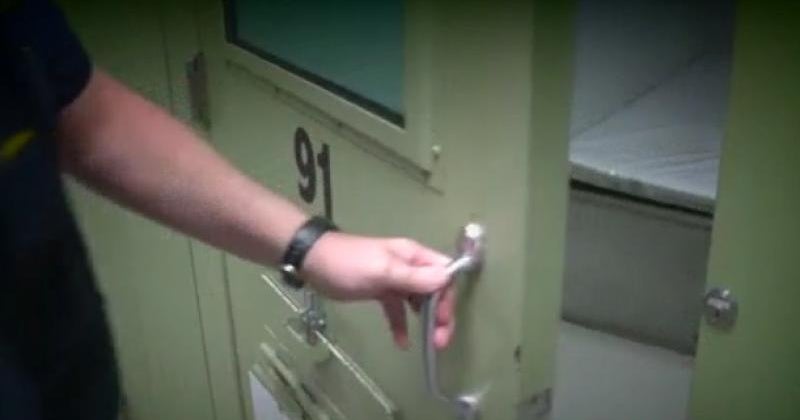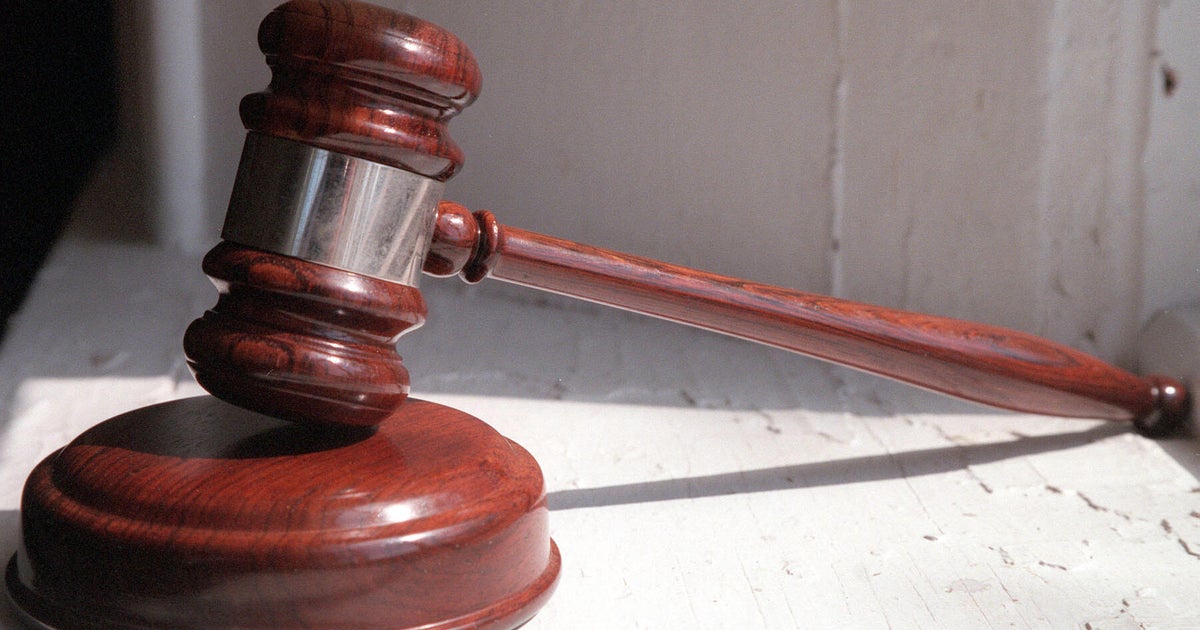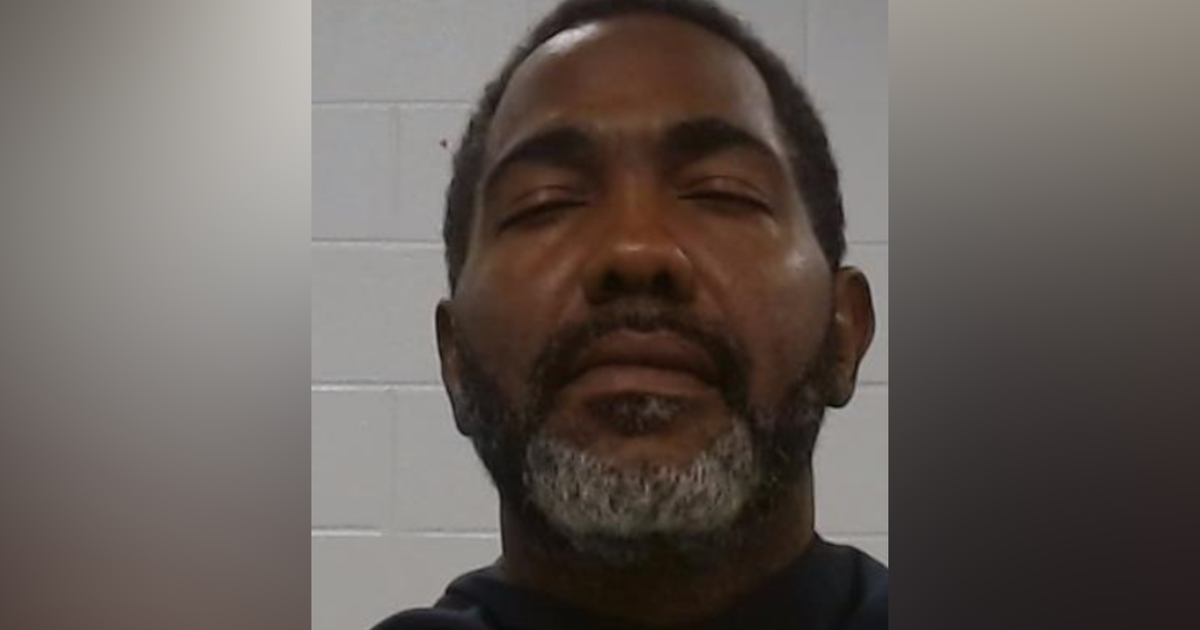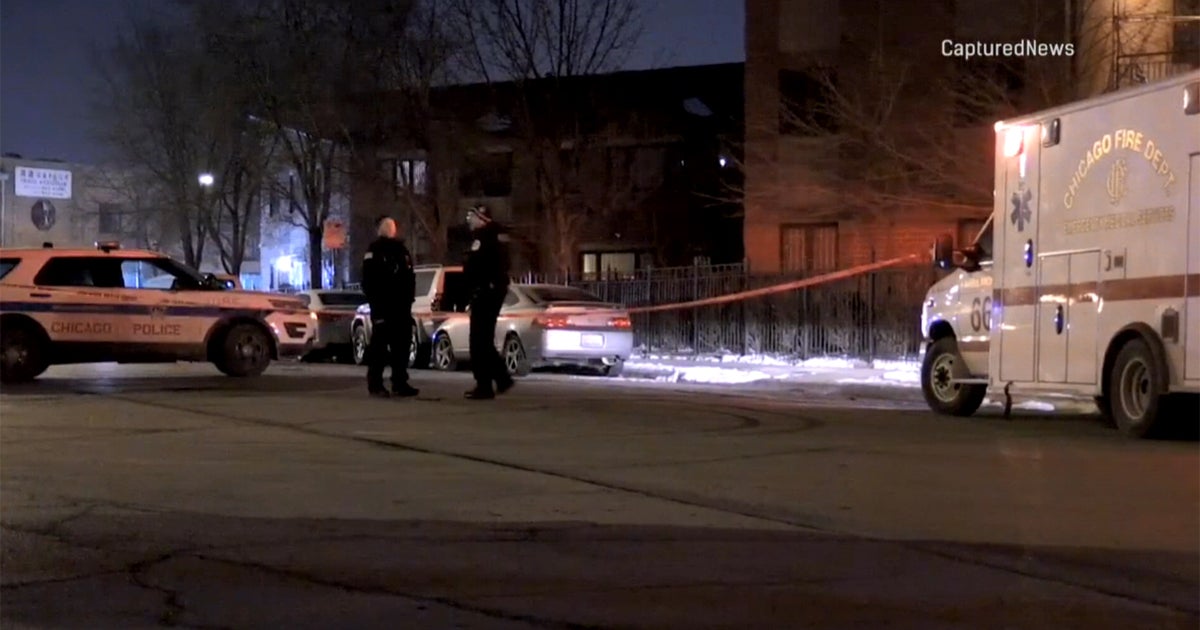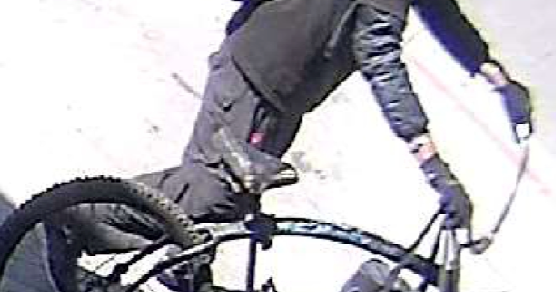Man Gets 4 Years In Prison In Plot To Bribe Russian Official
COLLEGE PARK, Md. (AP) — A Maryland businessman convicted of plotting to pay a Russian official more than $1.5 million in bribes to get lucrative contracts for transporting uranium was sentenced Wednesday to four years in prison.
Mark Lambert, a former co-president and part-owner of Transportation Logistics International Inc., apologized to his family, friends and the court "for allowing myself to be found in this predicament."
"I hope the court also agrees that I've led an otherwise good life," he told U.S. District Judge Theodore Chuang.
The judge, who presided over a three-week trial for Lambert last November, said this type of "reprehensible" corruption undermines American values and unfairly disadvantaged other businesses that operated with integrity.
"This is the type of offense that may just seem like the cost of doing business, but it does run contrary to the values of our nation," Chuang said.
A jury convicted Lambert, 57, of four counts of violating the Foreign Corrupt Practices Act, two counts of wire fraud and one count of conspiracy to violate the FCPA and commit wire fraud. Jurors acquitted him of three FCPA counts and one money laundering count.
Lambert's company secured contracts to transport nuclear materials between Russia and the U.S. The radioactive material being transported could be used to generate energy in nuclear power plants or could be further enriched to become weapons grade uranium used in nuclear arsenals, according to prosecutors.
"To state the obvious, the transportation of nuclear materials is particularly sensitive not simply because of the hazardous nature of those materials, but because of the terrifying potential consequences of those materials falling into the wrong hands," prosecutors wrote in a court filing.
Prosecutors had recommended a prison sentence of more than 12 years. Lambert's attorney had asked the judge for a sentence of home confinement.
Justice Department prosecutors said Lambert paid bribes through offshore accounts to Vadim Mikerin, a Russian national who was director of JSC Techsnabexport, or TENEX, which was indirectly owned and controlled by the Russian government. TENEX supplied uranium and uranium enrichment services to nuclear power companies across the world on behalf of the Russian government.
Lambert's company received more than $11 million in illegal profits from the scheme, according to prosecutors. They said the company earned nearly $33 million in revenues from corrupt contracts with TENEX between 2007 and 2014 but also incurred nearly $22 million in costs associated with the contracts.
Lambert "chose illicit self-enrichment over any regard for the safety of the community or integrity of the international marketplace," prosecutors wrote.
Lambert and his company's co-president, Daren Condrey, used deceptive spreadsheets and fake invoices under the "TENEX" name to make it appear as if the Russian company was getting paid for services, according to prosecutors.
Lambert participated in the bribery scheme for seven years before it was exposed in October 2014, according to prosecutors.
"The defendant's conduct in the conspiracy was not a one-off lapse in judgment," prosecutors wrote. "It was a sustained, multi-year effort to bribe his way into contracts worth tens of millions of dollars, and it involved a sophisticated and pervasive cover-up."
Defense attorney William Sullivan said Lambert has serious health issues, including coronary artery disease, that warrant a sentence of home confinement during the COVID-19 pandemic. Lambert told the judge that he faces a "very real and serious risk" of dying in prison.
"No matter what happens, I do promise the court that I will devote my remaining time to doing good, caring and supporting the best as I can my family, my community and my country," he said.
The judge ordered Lambert to report to prison on Feb. 15.
Mikerin and Condrey also were charged in the case. Mikerin pleaded guilty to one count of conspiracy to commit money laundering and was sentenced in 2015 to four years in prison. Condrey pleaded guilty in 2015 to conspiring to violate the Foreign Corrupt Practices Act and awaits a separate sentencing hearing that hasn't been rescheduled yet.
Another man charged in the scheme, Boris Rubizhevsky, pleaded guilty to money laundering conspiracy and was sentenced in 2017 to one year and one day imprisonment.
(© Copyright 2020 The Associated Press. All Rights Reserved. This material may not be published, broadcast, rewritten or redistributed.)


